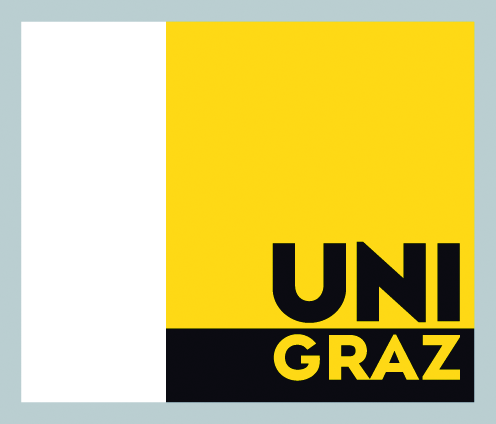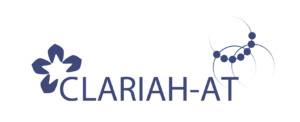Dealing with IT-related methodological research issues has long been a tradition at the Faculty of Humanities at the University of Graz. Since the 1990s, applied research in the field of information processing in the humanities has been used to amass a scientific technical IT infrastructure and subject-specific expertise in the development and implementation of digital research methods in the humanities. This expertise has been brought into wider teaching and the university’s commitment to this field of research was cemented in 2008 with the establishment of the ‘Centre for Information Modelling in the Humanities’ (Zentrum für Informationsmodellierung in den Geisteswissenschaften). In terms of content, digital editions form the central research topic at the Centre. These are understood to be widely applicable methods in the humanities for the semantic and formal indexing of cultural artefacts. This is not only applicable to texts, but also to other media forms of digital representations of cultural heritage, too. In addition to digital methods for the indexing analysis of humanities research data, the Centre is also keenly interested in the sustainable preservation and long-term archiving of humanities data. This is shown by the sustainable and continuous development of the research data repository, GAMS (Geisteswissenschaftliches Asset Management System).

Centre for Information Modelling,
Elisabethstraße 59,
8010 Graz
https://informationsmodellierung.uni-graz.at/en/

University of Graz Library
Universitätsplatz 3a,
8010 Graz
Aside from conceptual and technical expertise, and curatorial skills needed for the digitisation of cultural heritage, the Centre also focuses on mediation. This includes topics such as media didactics, as well as legal, ethical and social issues in the field of Open Science and in the provision of free, public access to digital resources in research and teaching. As one of the leading Austrian centres for digital humanities, the Centre for Information Modelling in the Humanities is a member of organisations DHd (Digital Humanities in the German-speaking Region) and centerNet (the International Network of Digital Humanities Centres), as well as numerous other international research frameworks (e.g. CLARIN-ERIC, DARIAH-EU) and professional organisations (e.g. TEI, ICARUS, RDA). The ADHO (Alliance of Digital Humanities Organisations) has also entrusted us with the organisation of their international annual conference in 2023.
The Graz University Library is one of the largest cultural and educational institutions in Styria with around 4 million information carriers. It is a library with universal aspirations, a scientific orientation and a public mission for the entire region. It sees itself as a “hybrid library” that acquires, manages, archives, processes and makes available both analog and digital media in the spirit of sustainable development. In addition, the library offers a comprehensive range of courses, from research to publishing scientific results; for the latter, there are contact persons in the areas of publication services and research data management.
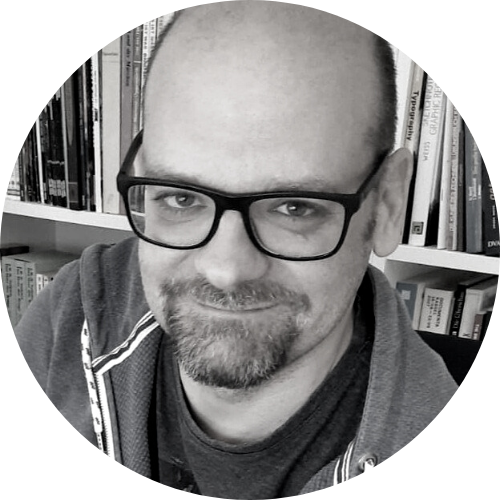
Walter Scholger studied History and Applied Cultural Sciences in Graz (Austria) and Maynooth (Ireland), and holds the position of Institute Manager at the Center for Information Modeling – Austrian Centre for Digital Humanities at the University of Graz (Austria).
He is involved in several international projects focusing on legal aspects of academia and digitization, as well as member and co-lead of several working groups dedicated to DH curricula development (ADHO Digital Pedagogy SIG) and legal issues of digital research (DARIAH-EU Ethics and Legality in Digital Arts and Humanities Working Group). He currently serves as the speaker of the CLARIAH-AT consortium – the national association for Austrian contributions to the CLARIN and DARIAH ERICs – and provides teaching and training in the fields of Open Science and legal aspects of (digital) research, publication and education.
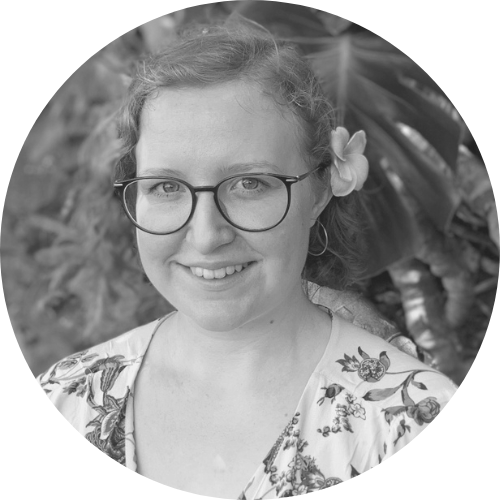
Elisabeth Raunig studied Digital Humanities with a background in History in Graz.
She has been part of the Center for Information Modeling since 2016 and has worked on various projects during this time.
In her master thesis she worked on an RDF model for medieval calendars and is now working at ZIM in the area of web development and event organization.
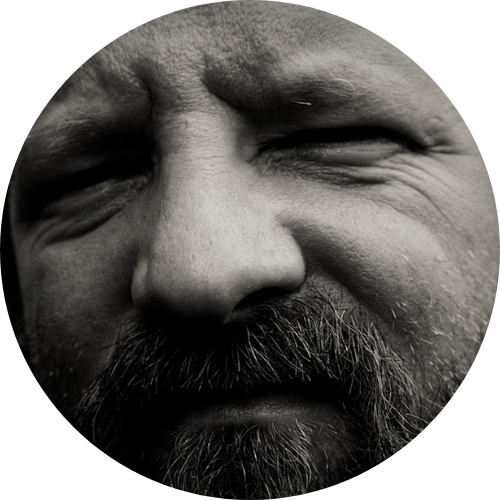
Helmut W. Klug works at the University of Graz as a coordinator in the area of research data management and is assigned to the university library. After graduating in German Philology and English/American Studies, he found his research focus in the topics of German Medieval Studies, where he conducted research on various issues using the methods of the digital humanities. In recent years, he has focused primarily on digital editing. He has led and supervised a number of national and international projects focusing on digital humanities, culinary history, and scholarly communication.
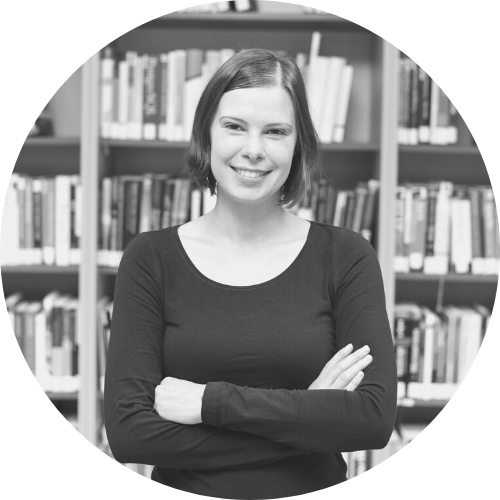
Elisabeth Steiner studied Linguistics, German Studies and Digital Humanities in Graz (AT), Aarhus (DK) and Cologne (DE).
She is currently employed as a metadata manager and data steward at the ZIM-ACDH at the University of Graz.
She is involved in the practical and theoretical aspects of long-term archiving and availability of research data in the humanities and teaches on these topics.
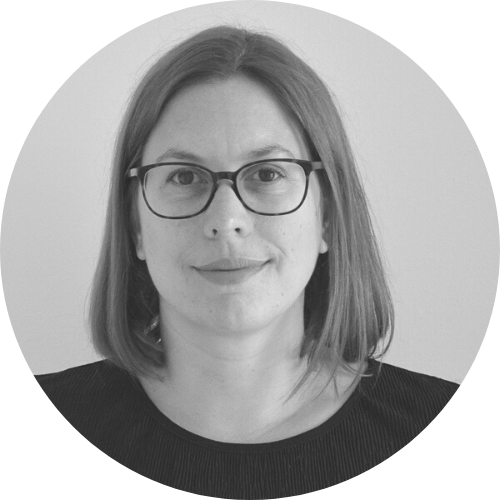
Martina Scholger is a senior scientist at the Centre for Information Modelling – Austrian Centre for Digital Humanities at the University of Graz. She completed her PhD in Digital Humanities in 2018 on editing artists notebooks. In her research she is concerned with digital scholarly editing, the application of digital methods and semantic technologies to humanities’ source materials, the application of text mining methods to multilingual historical literary corpora encoded in TEI. In addition to teaching text encoding with XML/TEI, processing XML data and digital scholarly editing for humanities students, she has been teaching at pertinent summer schools and workshops and co-organized schools on scholarly editing, TEI, and text mining. Over the past years, she has contributed to the conceptual design, development and implementation of numerous cooperative research projects in the field of digital humanities, employing TEI and X-Technologies (see: http://gams.uni-graz.at). She has been a member of the Institute for Documentology and Scholarly Editing since 2014 and a member of the TEI Technical Council since 2016.
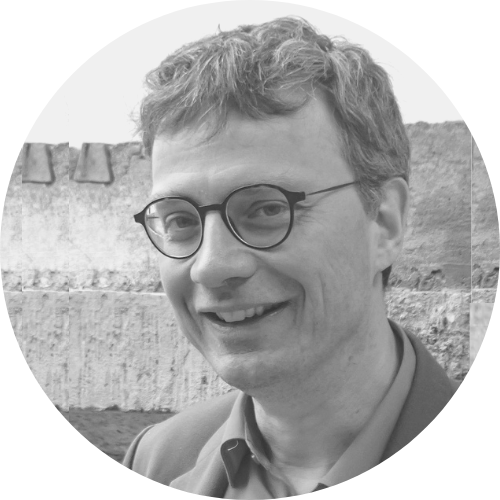
Georg Vogeler is trained in Medieval History and in particular Historical Auxiliary Sciences. He established himself in academia as a scholar of late medieval administrative history, high medieval cultural history, and diplomatics. He as engaged early in the application of digital methods in the humanities and by this became the first professor for Digital Humanities in Austria at the University of Graz. Among other project activities, he is lead in two Austrian DH collaborations (Digital Transformation of Austrian Humanitieas, https://ditah.at, 2020-2024, Digital Humanities Infrastructure Austria, 2023-2026), and won a ERC Advanced grant on Digital Diplomatics in 2021 (“From Digital to Distant Diplomatics”, https://didip.eu). In the Digital Humanities, his research interest lies in digital scholarly editing, Semantic Web technologies, data modelling, and application of Data Science to the Humanities.

Sarah Lang (she/they) is a Digital Humanities PostDoc at the Centre for Information Modelling Graz (Zentrum für Informationsmodellierung). After completing undergraduate and graduate degrees in History and Classics (Latin and Greek) in Graz and Montpellier, she moved into the field of Digital Humanities where she has worked since 2016. In 2018, she decided to pursue a PhD Dissertation at the intersection of Digital Humanities and the early modern history of science, focusing on decoding cryptographical stylistic devices specific to alchemy (Decknamen) on the example of chymist Michael Maier’s (1568-1622) Neo-Latin corpus, which was completed in 2021. She was awarded the Bader Prize for the History of Science by the Austrian Academy of Sciences for her work on computational methods for the history of alchemy in 2021. She has been a fellow at German Historical Institute Paris, Herzog August Bibliothek Wolfenbüttel, Leibniz Institut für europäische Geschichte Mainz, Ludwig Boltzmann Institut für Neulatein Innsbruck and the Science History Institute in Philadelphia.
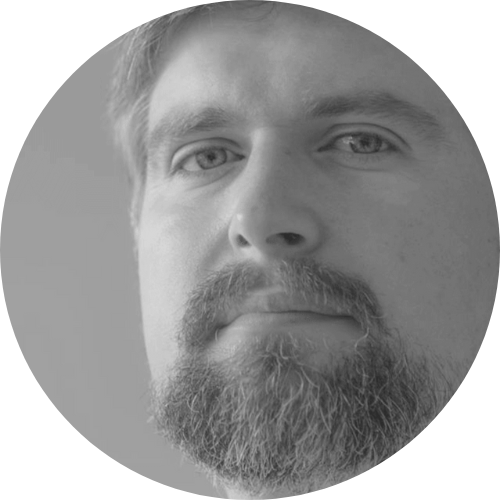
Sean M. Winslow, PhD, is a medieval and Ethiopianist book historian and a digital humanist. A specialist in the craft practices of manuscript production, he works on the intersection of material culture and the written word, from papyrus to hypertext. In his time at the ZIM-ACDH, he has worked on the modelling of pre-modern charters in the TEI, the digital representation of Syriac manuscript treasures, and the digital cataloguing of Ethiopian binding decoration. As part of this work, he has developed an interest in the automatic detection of elements for cataloguing via computer vision and its inverse, text-to-image generation.

Christopher Pollin holds a Master’s Degree in History and a Joint Master’s Degree in Digital Cultural Heritage. He is currently a PhD student in Digital Humanities. Since 2016, he has been working in various positions at the Centre for Information Modeling (ZIM) at the University of Graz. His work includes technical development and data modeling in various projects such as ‘STEFAN ZWEIG DIGITAL’, ‘Open Access Database Adjective-Adverb Interfaces in Romance’ or ‘Digital Edition Publishing Cooperative for Historical Accounts’. His work focuses on semantic web technologies, resource discovery and web programming. In addition to teaching in these fields, his dissertation project focuses on information-based resource discovery for historical information. He is a co-founder of Digital Humanities Craft.
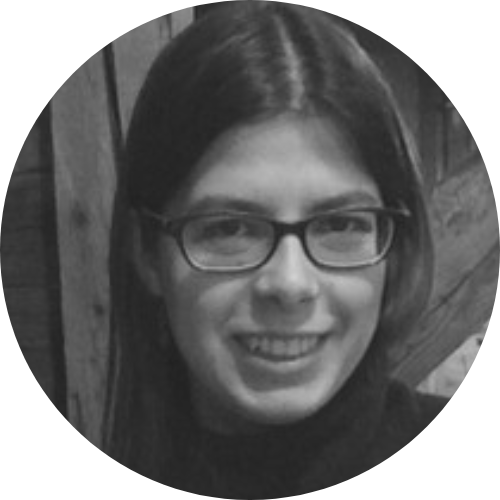
Dr Chiara Zuanni is a tenure-track assistant professor in Digital Humanities, museology-focused, at the Centre for Information Modelling – Austrian Centre for Digital Humanities, University of Graz. She has a BA in Classics and a MA in Archaeology from the University of Bologna, and a PhD in Museology from the University of Manchester. Prior to moving to Austria, she worked at the University of Liverpool and in the research department of the Victoria and Albert Museum London. Her research focuses on data practices in the heritage sector, on digital audience research, on born-digital data and digital cultures in memory institutions, and on the creation and mediation of knowledge in museums.
